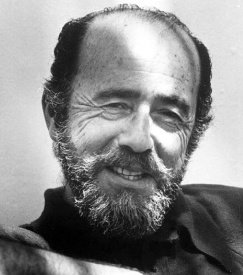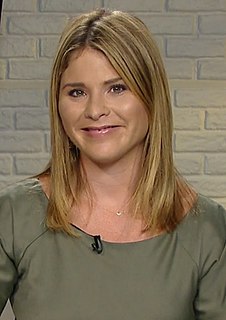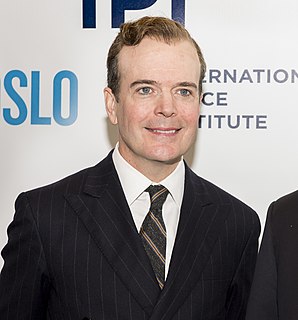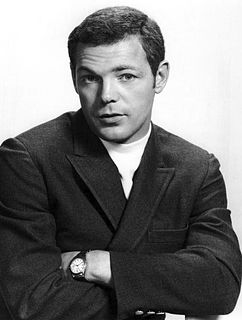A Quote by Elizabeth McCracken
I have children, and this notion - that there might be a single book that introduces children to literature - terrifies me. But you could do worse than Mary Norton's 'The Borrowers.' I loved it as a kid, and my kids love it, too.
Related Quotes
I was a kid who loved to read. I read everything I could get my hands on. I didn't have one favorite book. I had lots of favorite books: 'The Borrowers' by Mary Norton, 'Paddington' by Michael Bond, 'A Little Princess' by Frances Hodgson Burnett, 'Stuart Little' by EB White, 'A Cricket in Times Square,' all the Beverly Cleary books.
We have never invested as much in public education as we should have because we've always had a private notion of children. Your kid is yours and totally your responsibility. We haven't had a very collective notion of these are our children. So part of it is we have to break through our kind of private idea that kids belong to their parents or kids belong to their families and recognize that kids belong to whole communities.
We are children, perhaps, at the very moment when we know that it is as children that God loves us - not because we have deserved his love and not in spite of our undeserving; not because we try and not because we recognize the futility of our trying; but simply because he has chosen to love us. We are children because he is our father; and all of our efforts, fruitful and fruitless, to do good, to speak truth, to understand, are the efforts of children who, for all their precocity, are children still in that before we loved him, he loved us, as children, through Jesus Christ our lord.
I don't change the language for children books. I don't make the language simpler. I use words that they might have to look up in the dictionary. The books are shorter, but there's just not that much difference other than that to be honest. And the funny thing is, I have adult writer friends [to whom I would say], "Would you think of writing a children's book?" and they go, "No, God, I wouldn't know how." They're quite intimidated by the concept of it. And when I say to children's books writers, would they write an adult book, they say no because they think they're too good for it.
People ask me if I ever thought of writing a children's book. I say, 'If I had a serious brain injury I might well write a children's book', but otherwise the idea of being conscious of who you're directing the story to is anathema to me, because, in my view, fiction is freedom and any restraints on that are intolerable.
Children who are respected learn respect. Children who are cared for learn to care for those weaker than themselves. Children who are loved for what they are cannot learn intolerance. In an environment such as this, they will develop their own ideals, which can be nothing other than humane, since they grew out of the experience of love.



































